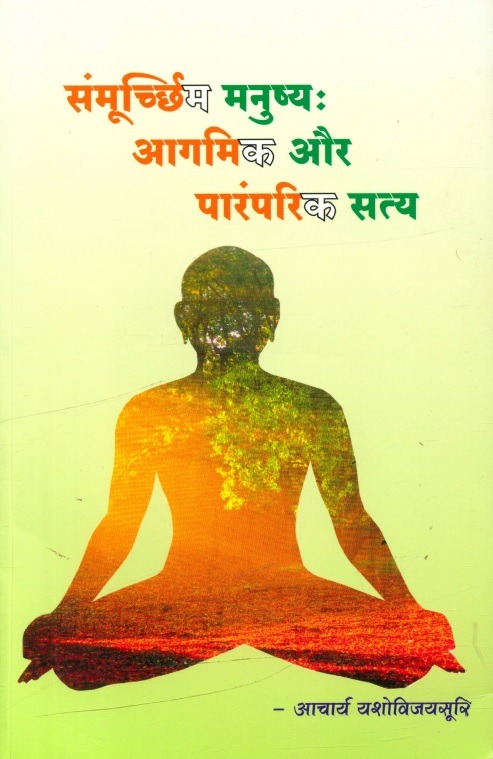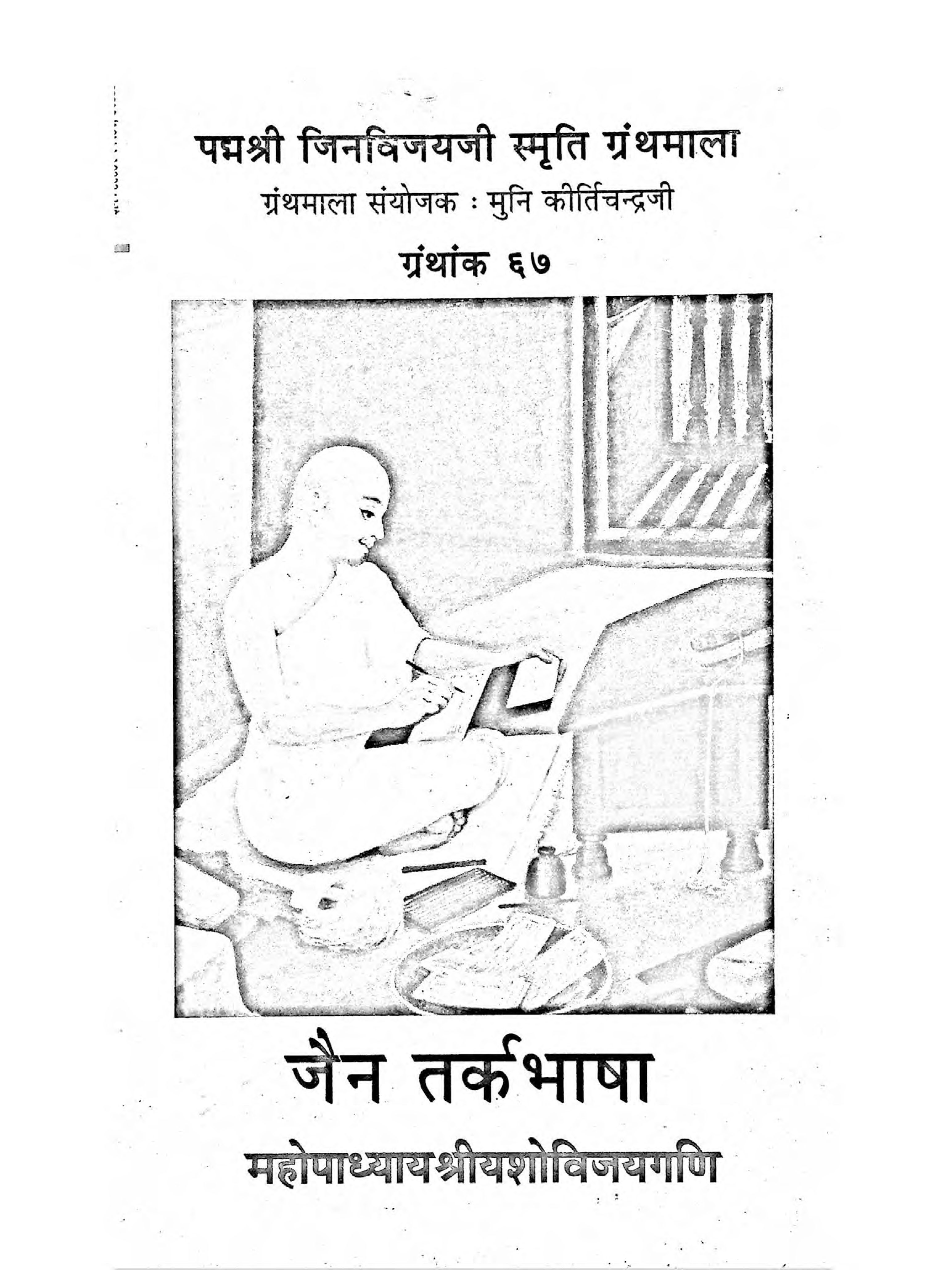Books by: Mahopadhyaya Yasho Vijayji
Search by
Filter by
.jpeg)
Yashovijaya (IAST: Yaśovijaya, 1624–1688), a seventeenth-century Jain philosopher-monk, was a notable Indian philosopher and logician. He was a thinker, prolific writer and commentator who had a strong and lasting influence on Jainism. He was a disciple of Muni Nayavijaya in the lineage of Jain monk Hiravijaya (belonging to the Tapa Gaccha tradition of Svetambara Jains) who influenced the Mughal Emperor Akbar to give up eating meat. He is also known as Yashovijayji with honorifics like Mahopadhyaya or Upadhyaya or Gani.
Conception of self
Yashovijaya authored two famous texts — Adhyatmasara and Adhyatmopanisatprakarana— that analyses the true nature of self. Yashovijaya describes the state of true self-awareness as a state beyond deep sleep, beyond conceptualisation, and beyond linguistic representation, and he says that it is the duty of any good sastra to point out the existence and possibility of such states of true self-awareness, for they cannot be discovered by reason or experience alone. Yashovijaya argues that from the standpoint of niscaya naya (real standpoint) the soul is called jiva if it leads an embodied life. This is different than Kundakunda’s view of niscaya naya, that only a soul that possesses the most essential property of the soul—cognitive capacity—is jiva. This means that according to Kundakunda only a released soul is jiva from the standpoint of niscaya naya. While both position have valid logic, Yashovijaya criticised this view as it had no support from any prior authors.




